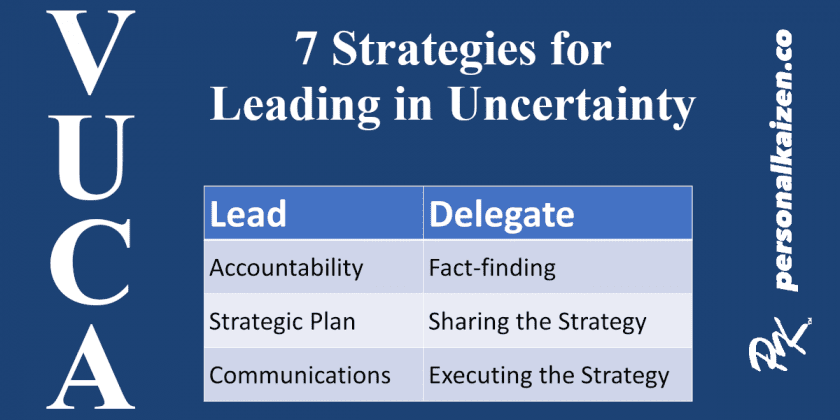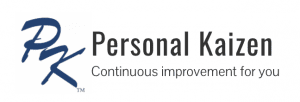Learn Before You Fast: My 3-Day Fasting Experience
I came across the idea of fasting in my research on smart health habits enough times that the benefits seemed worth any risks. Recent podcasts with guests like Tim Ferris, Dr. Peter Attia, and Dr. Dom D’Agostino all shared reasons for multi-day fasts. But would this work for a 45-year-old father of three teenagers? I decided to prepare in advance and then share the results of my 3-day fasting experience with the Personal Kaizen community. Tuesday and Wednesday: Day 0 I looked at my work and home schedule and decided on a good week to schedule my first ever 3-day…











